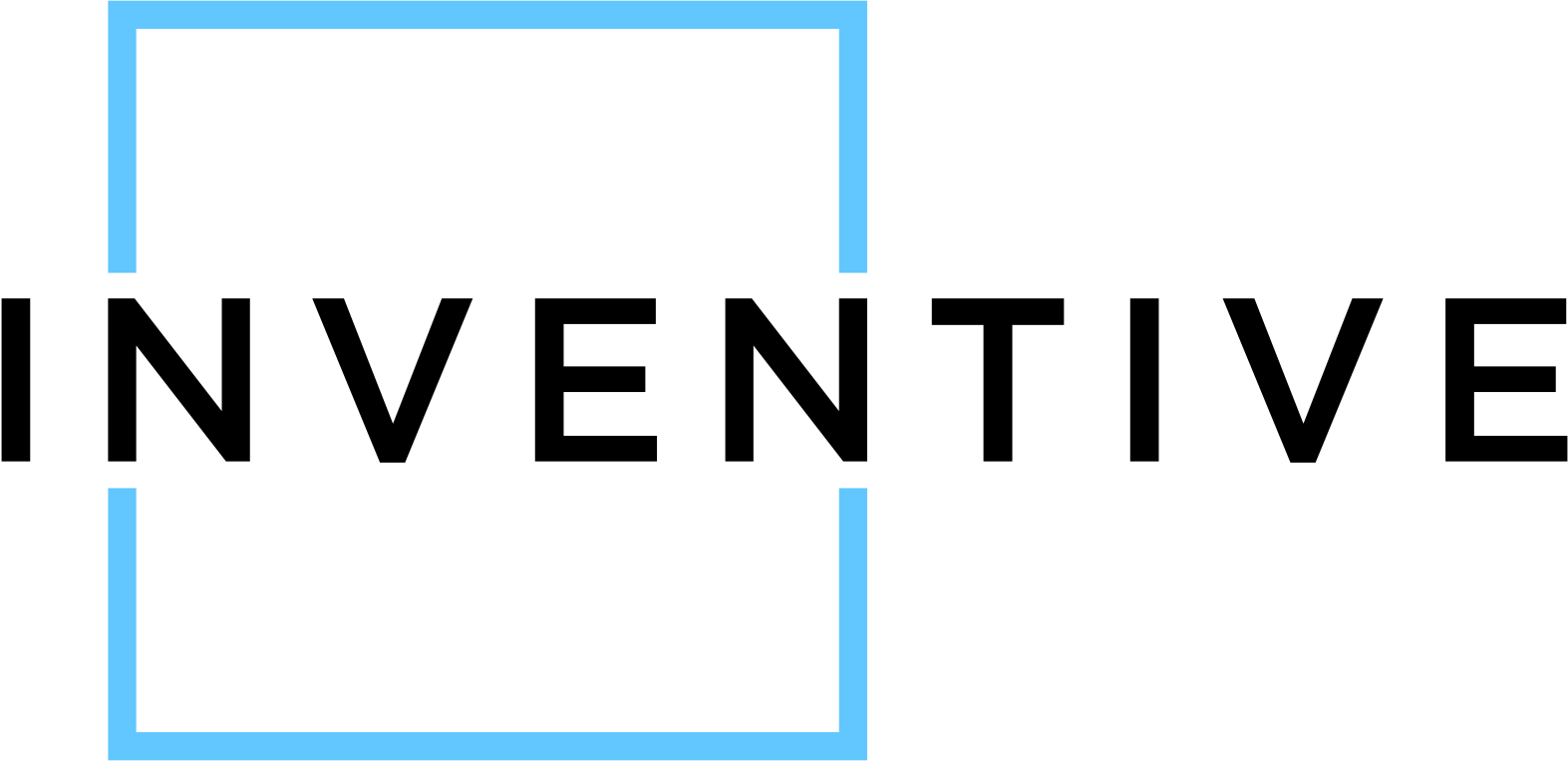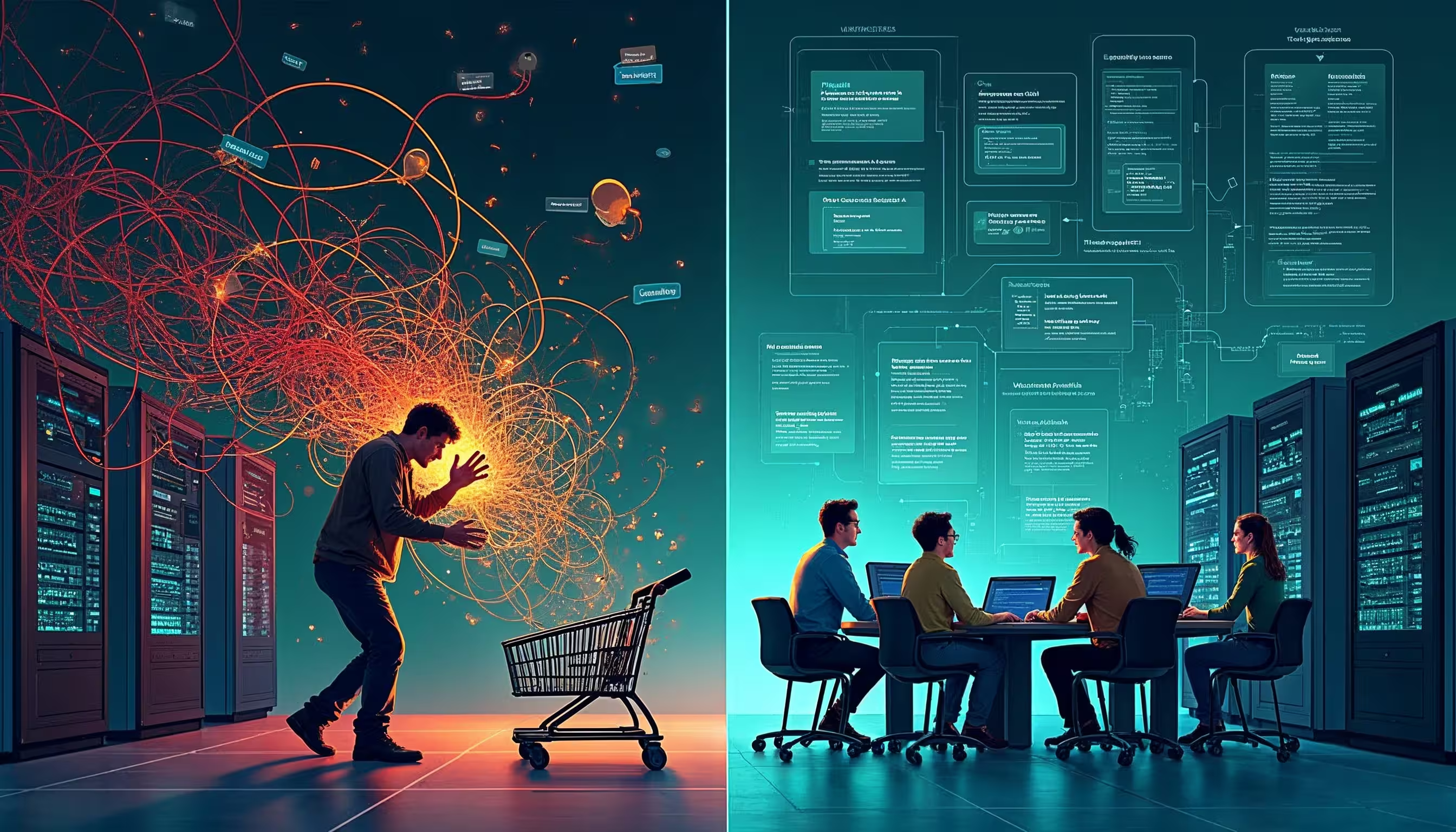Did Anthropic Just Pay $1.5 Billion for Training Data? Yep. And That’s Just the Beginning
.avif)
Did Anthropic Just Pay $1.5 Billion for Training Data? Yep. And That’s Just the Beginning
Spoiler alert: Training your AI model on pirated books may cost you more than just bad press.
What Just Happened?
Generative AI darling Anthropic agreed to pay $1.5 billion in a class-action lawsuit filed by authors who claimed the company used their books without permission to train AI models like Claude.
And no, this isn’t some “we’ll settle quietly and move on” kind of thing. It’s poised to become the largest copyright recovery in history—by a long shot.
We're talking:
- 500,000 books
- $3,000 per work (yes, gross recovery—not “give or take”)
- And a big ol’ asterisk that says: “Don’t try this again.”
In short: the Wild West days of AI training might just be over. Or at least, they're about to get a lot more expensive.
The Lawsuit in a Nutshell (With a Side of Legal Plot Twist)
Back in August 2024, three authors—Andrea Bartz, Charles Graeber, and Kirk Wallace Johnson—filed a copyright lawsuit against Anthropic. Their claim? Anthropic had trained its AI using their published works… without asking, paying, or even pretending to be polite about it.
Then came Judge William Alsup, a U.S. District Judge with the legal gravitas of Gandalf holding a gavel.
On June 23, 2025, Alsup ruled that Anthropic’s use of books was "exceedingly transformative" (aka: classic fair use win)… but—and this is the juicy part—he called out the use of pirated books from shadow libraries like Library Genesis and Pirate Library Mirror.
That’s where the judge said “hold my robe,” denied summary judgment, and ordered that part to go to trial.
Translation? Using books from legit sources may be fair game. But if you trained your model on "Library Genesis Special Edition"… yeah, that’s a problem.
A Billion Here, a Billion There…
Let’s talk numbers.
- Settlement: $1.5 billion
- Covered works: ~500,000
- Amount per book: Exactly $3,000
The authors get paid. Anthropic avoids a protracted trial. The courts get a landmark case. Everyone gets a lesson in copyright law, courtesy of your friendly neighborhood AI.
Oh, and Anthropic also agreed to delete all pirated works it got from those shadowy sources. That’s like showing up to class, admitting you cheated on the test, and then eating the test paper in front of the teacher. Bold.
But Wait—Wasn’t Anthropic Also Busy Raising, Oh, $13 Billion?
While all this legal tea was brewing, Anthropic also pulled off a $13 billion Series F funding round (yes, with a “F” for "Funding and… Fallout?"). Their post-money valuation now sits at a breezy $183 billion, led by major players like:
- Iconiq
- Fidelity Management & Research
- Lightspeed Venture Partners
So, in the same quarter they agreed to a record-breaking copyright payout, they also raised more money than the GDP of some small countries. Coincidence? Probably not.
This settlement doesn’t hurt the company’s momentum—it legitimizes it.
This Isn’t Their First Rodeo, Either
If you think this is Anthropic’s only legal squabble, think again. Here's the current rap sheet:
- 🎵 Universal Music Group + Friends sued Anthropic in October 2023 over “systematic and widespread infringement” of song lyrics.
- 👾 Reddit filed a lawsuit in June 2025, claiming Anthropic’s bots accessed its content over 100,000 times despite IP blocks.
Apparently, when you’re hungry for training data, no API is safe.
So… What Now?
This settlement sends a message loud enough to make every AI founder spill their flat white:
📣 If you train your models on copyrighted content without permission, you're not innovating—you’re pirating.
And while the court ruled in favor of “fair use” for some data, it explicitly excluded pirated materials. That line in the sand? It’s now in 72pt bold Helvetica.
But it also opens the door for something bigger—a market-based licensing model. A sort of Spotify-for-training-data future where creators get paid, and AI companies get to train legally.
Think of it as the Napster-to-iTunes moment of generative AI.
The Takeaway for Businesses, Builders & Brands
If you’re working with or building generative AI—especially as a vendor, services firm, or product dev agency—this changes the game.
- Model sourcing matters: If you’re training a model or integrating one into a client’s product, you now need to ask: Where did that training data come from?
- Licensing is the new moat: Legal-compliant, licensed datasets will become a competitive advantage.
- Transparency is table stakes: "It’s open-source" or "We scraped the internet" won’t cut it anymore.
Inventive's take? We're here for it. The world doesn’t need another ethically questionable black-box model. It needs clean, clear, defensible AI systems that respect creators and serve clients.
You know—like grownups.
Final Word (With Just the Right Amount of Sass)
Anthropic paid $1.5B to settle a copyright case and raised $13B in the same breath. Is that hustle or hubris?
Either way, the message is clear: if you're building AI, you better get your data house in order. Because the days of “train now, apologize later” are over.
And for everyone else? Don’t train your model on pirated books. You might end up with a lawsuit that costs more than your entire product roadmap.
Cue Law & Order sound effect.
Sources
- U.S. District Court ruling, Judge William Alsup – June 23, 2025
- Anthropic settlement filings, Sept 2025
- Public reporting on Anthropic’s $13B Series F round
- Reddit v. Anthropic lawsuit, June 2025
- Universal Music Group v. Anthropic lawsuit, Oct 2023
- Expert legal commentary via TechCrunch, Wired, and Stanford Law updates
Latest Insights
Discover valuable resources and expert insights.





.avif)
